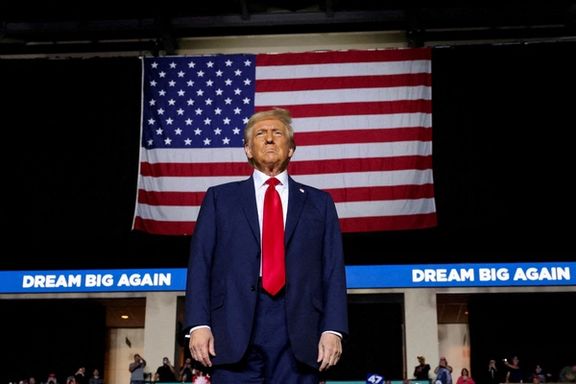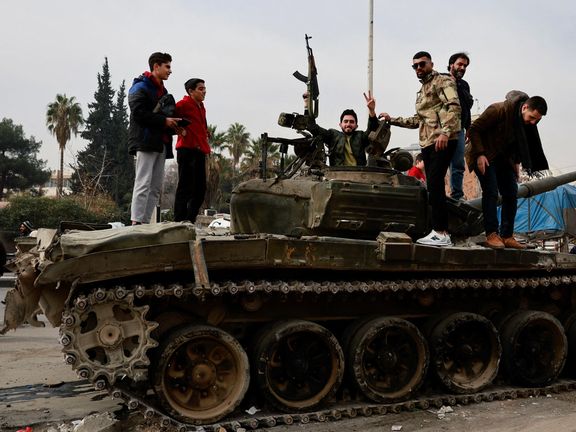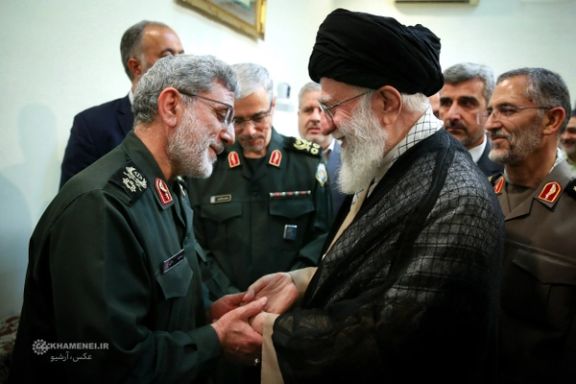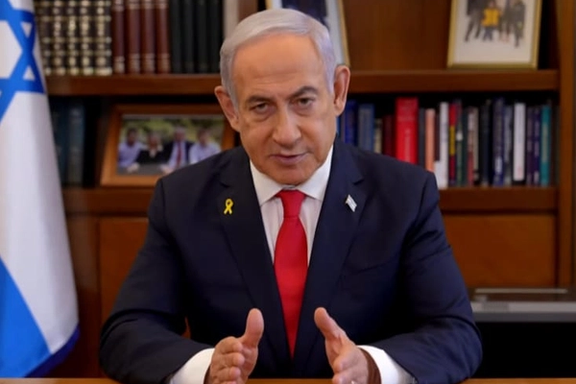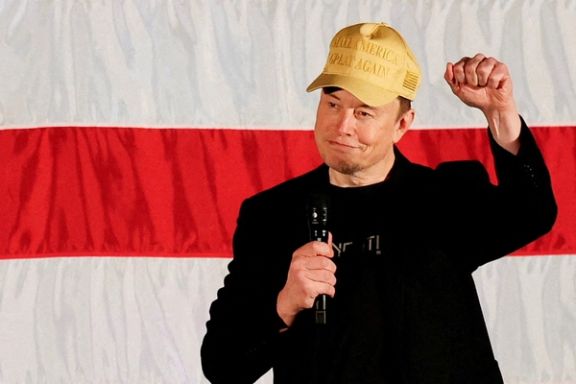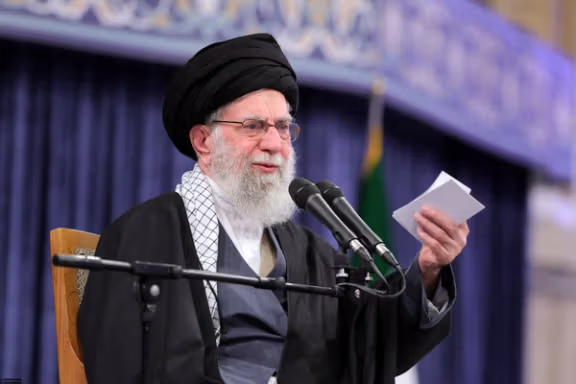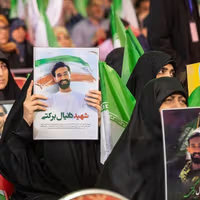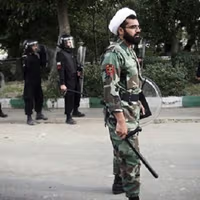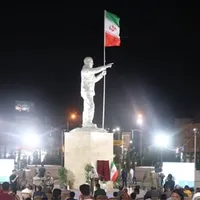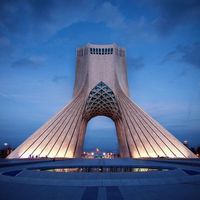Both developments are overshadowed by the broader changes and challenges Iran faces in this new geopolitical reality, which has prompted a shift in the rhetoric of some analysts and officials.
Hassan Beheshtipour, a conservative commentator who frequently appears on Iran's state TV, told Nameh News that Assad had distanced himself from Iran in recent months under the influence of the United Arab Emirates. He explained that the UAE had convinced Assad that, while Iran stood by him during the long war, his Arab neighbors could provide stronger support in times of peace.
Beheshtipour described the future of Iran-Syria relations as uncertain, warning of a rocky path ahead marked by potential instability in Syria and the region. He added that Syria's transitional period could extend for an extended and unpredictable duration.
While many Iranian commentators outside Iran, such as Ali Hossein Ghazizadeh, speaking to Iran International TV, have predicted that Iran’s Supreme Leader Ali Khamenei could be the next to exit the regional political scene, the state-monitored media in Tehran avoid discussing such scenarios. For them, analyzing the impact of Assad's fall on Iran's political future remains a taboo subject.
Meanwhile, numerous Iranian commentators outside the country, including Morad Veisi, Mehdi Mahdavi Azad, Jaber Rajabi, and Mohsen Sazegara, have highlighted widespread dissatisfaction among Iranians over the estimated $30 to $50 billion that Khamenei has allocated to support Assad in Syria. Within Iran, Heshmatollah Falahatpisheh, the former chairman of the National Security and Foreign Relations Committee in parliament, had been one of the few politicians bold enough to openly criticize Khamenei for this substantial expenditure. However, he now appears to have softened his stance, possibly due to political pressure.
In an interview with Iranian media earlier this week, widely covered by various outlets, Heshmatollah Falahatpisheh suggested that Iran should work to restore diplomatic ties with Syria as a way to reclaim the billions it has spent in the country. However, convincing the incoming government in Damascus—once formed—to repay the funds provided to the ousted president will likely prove challenging. Moreover, even if Bashar al-Assad had remained in power, Iran was unlikely to formally pursue such a claim.
Falahatpisheh also revealed that he faced insults and threats from certain Iranian politicians when a few years ago he initially spoke out about Tehran's multi-billion-dollar expenditures in Syria.
In another development government spokeswoman Fatemeh Mohajerani told the press on Tuesday that the spending in Syria was meant to serve Iran's national interests. However, she made it clear that such decisions are made by officials higher up in the system [meaning Khamenei] and the presidential administration simply carries out those decisions.
Both Beheshtipour and Falahatpisheh advised Iran to steer clear of political developments in Syria for the time being and commended the decision to abstain from military intervention to save Assad. Beheshtipour cautioned that Syria could become a quagmire for Iranian forces, while Falahatpisheh praised the restraint shown in ignoring calls from hardliners, including members of the ultraconservative Paydari Party, who last week and over the weekend urged for troops to be deployed to Syria.
Beheshtipour also suggested that Iran and the broader "axis of resistance" should explore alternative routes outside Syria for maintaining communication and logistical networks. Additionally, he proposed that Tehran work with Turkey, Russia, and the United States to establish a democratic political order in Syria. However, he did not elaborate on why these major players would be inclined to involve Iran in such a process.
Addressing the same issue, Hossein Ali Hajideligani, a conservative member of the Iranian parliament, remarked: "The presence of the conquerors of Syria poses a significant challenge for us. If we cannot continue our past activities in Syria, it is natural that they, too, will be unable to sustain their efforts in the long run."
